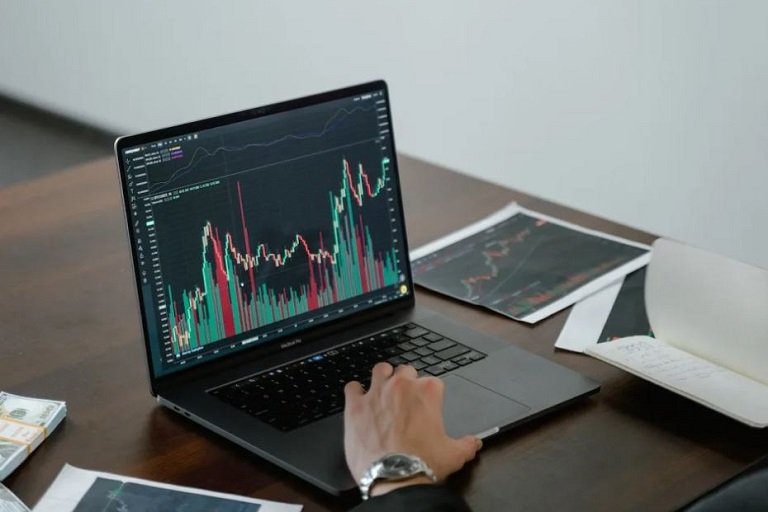People who want to start investing typically choose to trade in markets like stocks, forex, and cryptocurrencies. While there’s nothing wrong with these options, traders should also consider commodities as an alternative investment outlet.
Its global market trades over $20 trillion of commodities yearly, equivalent to ₦15 quadrillion. Interested commodity traders can tap into the multiple financial opportunities offered by its market, given that individuals can trade a range of goods, including precious metals, energy, coffee, and gold. Commodity trading is also more accessible today, thanks to the increasing formalisation of its trading ecosystem. This allows individuals to trade online from the comfort of their homes.
However, just like how you’d prepare to enter the stock or forex market, there are several things you need to know and consider before trading:
The selection of commodity you plan to trade
Similar to stocks, the range of commodities available on the market means you have control over which ones to trade in for better chances of returns. To make a wise selection, you can start by looking at what traders gravitate towards in global financial markets. In this case, you’ll want to trade commodities including precious metals, like gold, silver and platinum, and energy products like crude oil and natural gas. Precious metals, in particular, are favoured because they have a limited supply and a constant demand.
It’s also essential to diversify your portfolio, as popular commodities may experience rapid price changes that can result in losses. For this, you can look into trading produce like maize or corn, especially if other countries in the region like Egypt offer it in their respective markets. In doing so, you must consider its local value, especially since Nigeria is among the continent’s top corn producers. Ultimately, choosing the right commodity to trade will help you maximise your returns.
Your commodities trading strategy
People usually have a strategy for trading stocks, forex, and other assets. You should do the same when trading commodities to minimise your risk of losses. Luckily, you may already be familiar with existing strategies, like news trading, which stock traders also use. This involves monitoring news events impacting commodity prices, like natural disasters and geopolitical developments.
Another strategy you can try is fundamental trading. Here, you’ll analyse market fundamentals that influence supply and demand instead of relying on technical indicators to determine price movements. For instance, if you notice that South America—a major exporter of crops—is experiencing a drought that will affect their harvest, you’ll buy agricultural commodities just before countries from the region are expected to import such goods. You can capitalise on their demand for certain agricultural products by doing so.
The volatility of the commodity market
While you may have a good selection of commodities and an effective trading strategy, no one is spared from the volatility of the commodities market. Rising commodity prices recently drove inflation to 24.08% in July compared to 22.79% in June. Price changes happen due to frequent changes in supply and demand, which not only affect residents who are trying to buy goods but also traders in the commodities market. After all, you’ll also feel the effects of price changes based on your commodities.
Given this, the commodity market’s volatility tends to be higher than that of bonds, stocks, and other assets. This is why it’s crucial to remember this when entering the commodities market. Be mindful of commodities’ volume by tracking how many investors and dealers buy and sell a particular commodity on a specific day. Know when your chosen commodity is being traded in a larger volume so you can profit and avoid it when it’s volatile.
Trading commodities is an excellent investment for those with prior trading experience. Nonetheless, it’s important to consider these factors to maximise your profit and avoid losses.










